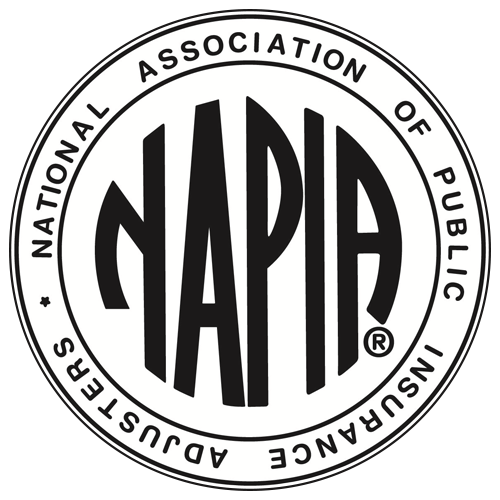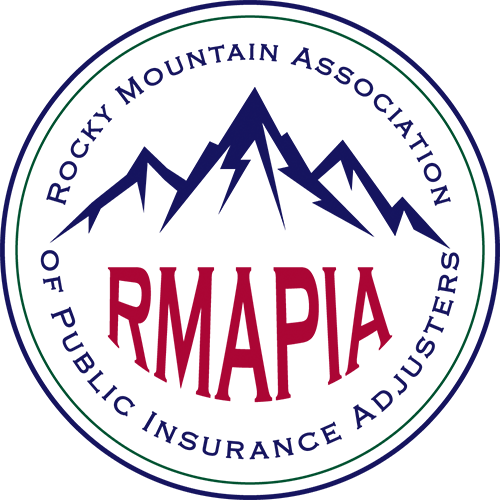
The Importance of Timing in Insurance Claims After a Natural Disaster
Natural disasters can strike without warning, leaving destruction in their wake. Whether it's a hurricane, flood, wildfire, or earthquake, the aftermath is often chaotic, making the insurance claims process overwhelming. One critical factor that can significantly impact the outcome of these claims is timing. Understanding the importance of timely action and how it affects the claims process can help policyholders recover more efficiently.
1. Understanding Policy Deadlines
Most insurance policies have specific deadlines for filing claims after a natural disaster. These deadlines vary by insurer and policy type but are designed to encourage prompt reporting of losses. Missing these deadlines can result in claim denial or delays. To avoid complications, policyholders should familiarize themselves with their policy terms and consult a public insurance adjuster near me to ensure they adhere to necessary timelines.
2. Collecting Evidence Quickly
In the aftermath of a disaster, safety and recovery are top priorities. However, gathering evidence of damage as soon as it is safe to do so is crucial. This includes taking photographs, retaining receipts for emergency repairs, and documenting all losses. Quick action strengthens claims and increases the chances of a smooth and favorable resolution. A public claim adjuster can assist in documenting damages effectively, ensuring nothing is overlooked.
3. Insurance Adjuster Availability
Following a large-scale natural disaster, insurance companies often experience a surge in claims, leading to processing delays. The sooner a policyholder files a claim, the sooner an adjuster can assess the damages. Early filing prevents unnecessary wait times and expedites financial relief. Seeking guidance from licensed public insurance adjusters can also help navigate the process and expedite claim resolution.
4. Preventing Further Damage
Most insurance policies require policyholders to take reasonable steps to prevent further damage after a disaster. If additional damage occurs due to delays in addressing the initial loss, insurers may deny coverage for the subsequent damages. Acting quickly minimizes risks and demonstrates responsibility, increasing the likelihood of a successful claim.
5. Facilitating Emotional and Financial Recovery
Natural disasters take a toll both emotionally and financially. Filing claims promptly can help policyholders receive funds faster, allowing them to make necessary repairs, replace lost belongings, and regain a sense of stability. Conversely, delays in the claims process can prolong uncertainty and stress. Consulting independent insurance adjusters or public insurance adjusters services can help streamline the process and alleviate some of the burden.
6. Resolving Potential Disputes
Disputes between policyholders and insurance companies can arise regarding the extent of damage or claim amounts. These disputes can be time-consuming, but submitting a well-documented claim promptly provides a strong foundation for negotiations. A public insurance adjuster nearby can offer expert assistance in handling disputes, ensuring policyholders receive fair compensation.
Final Words
Timing is a crucial factor in insurance claims after a natural disaster. From understanding policy deadlines to collecting evidence and preventing further damage, prompt action can make a significant difference in the claims process. Policyholders should stay informed about their coverage, act swiftly to document damages, and consider seeking help from a expert public insurance adjuster to navigate complex claims effectively. By prioritizing timely communication and documentation, they can expedite recovery and rebuild their lives with greater ease.
Tags: Public Insurance Adjuster, Insurance Claim Adjuster, Natural Disaster Claim, Expert Insurance Claim, Claim Adjuster



